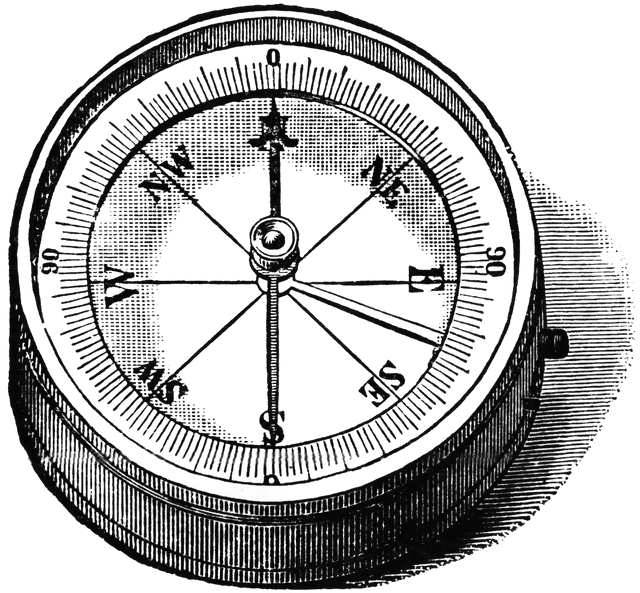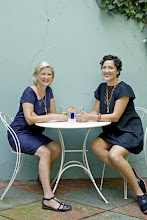
FRIDAY MAY 7TH - 9TH
TODA DESIGN STUDIO
250 WEST BROADWAY, 6TH FL
OPEN DAILY 12-6PM
SUTAINABLE EXCHANGE: METHODS AND PRACTICES FOR COLLABORATIVE PARTNERSHIPS
EXHIBITION CURATION BY: MEGAN HOWARD / IN COLLABORATION WITH RACHEL LITTENBERG WEISBERG
Sustainable Exchange: Methods and Practices for Collaborative Partnerships is an exhibition shedding light on the possibilities and versatility of sustainable consumption, production and business within our local and global community. Through the presentations of six local artists and designers, we hope to inspire and be inspired by our local community, bringing people closer and more connected with the things they own and more allied within the shared networks where they live and work. The artists will occupy TODA design studio for 4 days, creating an open platform for sharing, exchange, coexistence, alternative teaching and learning. Sustainable Exchange will showcase thought-provoking art and design and will be an experimental laboratory where communal ideals, practices and methods can be shared and exchanged to collectively grow the sustainable movement. Please join us for our workshops and open gallery hours, 12-6pm daily.
ARTISTS INCLUDE : SUSAN CIANCIOLO, RACHEL LITTENBERG WEISBERG, EKO-LAB, BLACK SHEEP AND PRODIGAL SONS, AKI GOTO AND ALEXANDRA PARKIN. INSTALLATIONS BY TODA, MEGAN HOWARD AND ELYSE LITTENBERG ARE ALSO FEATURED.
BEGINNERS FINGER CROCHET
FRIDAY, MAY 7TH 12-3PM, HOSTS: MELISSA KIRGAN AND XING-ZHEN CHUNG-HILYARD OF EKO-LAB
In crochets early days, it was considered a pastime of the upper class, whereby they could create delicate and detailed items to decorate their homes or their clothing. Now this portable practice is popular amongst all ages and skill levels. Join Eko-Lab for a gathering of creative crocheting for beginners. You will learn the basic crochet stitches and how you can put them together to make different patterns using solely your fingers as hooks. The workshop will be instructed by Eko-lab’s master crocheter Xing-Zhen Chung-Hilyard (XZ). Materials are generously provided by Thirteen Mile Lamb and Wool and Swans Island, but feel free to bring your own fingers.
NATURAL DYEING
FRIDAY, MAY 7TH 3-6PM, HOSTS: RACHEL LITTENBERG-WEISBERG AND ALEXANDRA PARKIN
In this workshop you will learn and experiment with natural dyes. Synthetic dyes are harmful for the environment replacing them with earth friendly natural dyes that are made from flowers, trees, fruits, vegetables, spices and teas can give a range of colors and are a beautiful alternative. Bring a garment or a piece of fabric that is a natural material (ie. silk or cotton) and we will show you how to dye using simple practices that can easily be replicated in your own kitchen. The dyes involved will be turmeric spice (yellow), smoked tea (grey), and madder root (red). Attend the Eko-Lab beginners crochet workshop and bring your new crochet piece in for dyeing!
FASHION ILLUSTRATION, PAINTING AND COLLAGE
SATURDAY MAY 8TH 1-3:30PM, HOSTS: SUSAN CIANCIOLO AND MEGAN HOWARD
This experimental workshop will introduce participants to the art of fashion illustration and mixed medium collage. Experimental artists Susan Cianciolo will introduce the varied techniques of drawing from a live figure as well as encourage the use of paints, chalks, pencils, and inks to develop ones personal style. Immediately following the drawing workshop, both instructors will introduce the art of collage using their newly created fashion illustrations, papers, tapes, glues and other miscellaneous materials. Participants are encouraged to bring and work within their own sketchbooks. Materials will be provided but attendees are welcome to bring their own.
SUSTAINABLE BUSINESS CONVERSATION
SATURDAY MAY 8TH 4:30PM-6PM, CAROLINE PRIEBE OF ULURU NYC
This seminar will focus on the possibilities of starting and operating a sustainable business within the art and design world. The methods and practices discussed in this open forum are versatile and can be applied to many fields and various industries.
COOKING WITH SEASONAL AND NATURAL FOODS
SUNDAY MAY 9TH, 12-6PM, HOSTS: ANNE APPARU AND FRIENDS
Using food obtained through CSA baskets and local farmers, Anne Apparu, an acclaimed sustainable foods chef, will prepare an extraordinary meal and offer cooking demonstrations using natural ingredients and lots of love. This all day event will celebrate slow and seasonal cooking. Please join us for open discussions, good food, and good people. All are welcome, bring something to share and watch it transform into a delectable dish.







